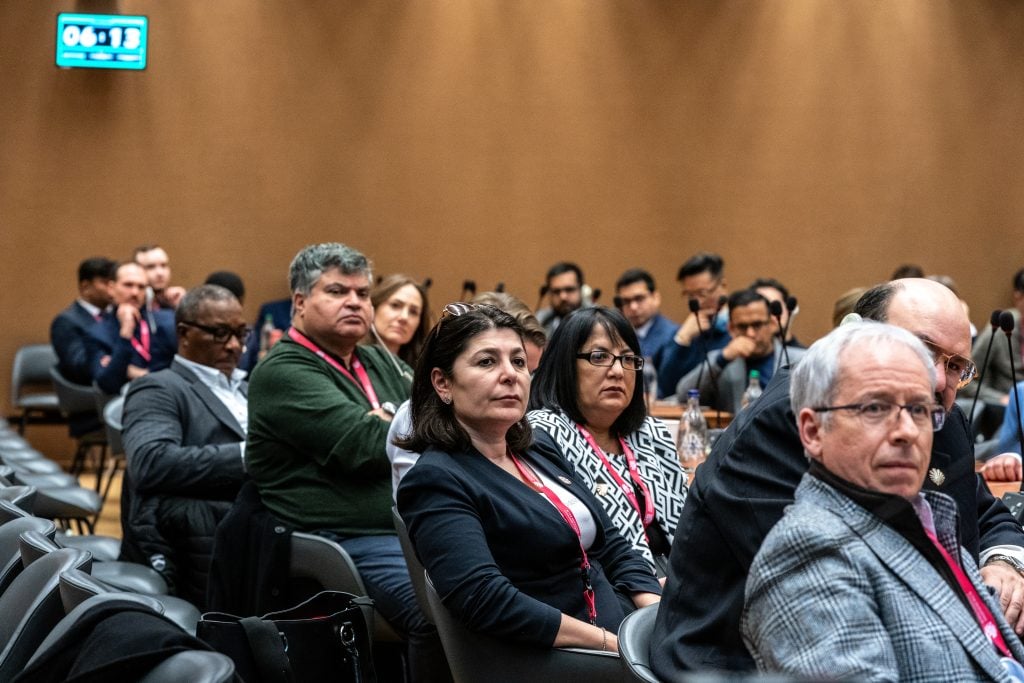Unveiling Innovations: Key Takeaways from Day 2 Afternoon Sessions
The afternoon sessions at the Geneva Winter Summit: A Deep Dive into AI Development
The afternoon discussions during the Geneva Winter Summit revolved around effective implementation strategies, enhancing technical capabilities, and fostering equitable AI growth across various regions. Here’s an engaging summary of the pivotal conversations:
Session 9: Scene-Driven Technology Innovation
The session kicked off with compelling insights into how to bridge the digital divide. Senthil Kumar highlighted the role of AI as a potential equalizer while cautioning against the risks of deepening disparities between developed and developing countries. Following this, Rupert Douglas-Bate introduced an innovative AI-driven “Well Mapper” designed for groundwater mapping in Ethiopia, showcasing AI’s ability to tackle pressing development issues. Arun Raste discussed the transformative potential of AI in agriculture, particularly for small-scale farmers, citing an impressive case where AI-fueled precision farming techniques reduced water consumption by 800,000 liters while boosting crop yields.
Session 10: Technical Empowerment
This session focused on actionable strategies for infrastructure advancement and innovation. Vineet Singh shared valuable lessons from India’s fintech landscape, illustrating how AI is revolutionizing access to financial services. Andrea Jacobs stressed the importance of prioritizing data sovereignty and privacy rights, especially for small island developing nations. The panel emphasized that technical empowerment must be tailored to local contexts and specific needs, particularly in resource-limited settings.
Session 11: Designing Implementation Mechanisms
With a spotlight on implementation strategies, the session featured real-world examples from varied sectors. Craig Gibbs presented an inspiring case study from South Africa, where an AI-enhanced educational initiative resulted in a remarkable 26% boost in mathematics performance in rural schools. Meanwhile, Fardad Zabetian highlighted how AI-driven language solutions are dismantling communication obstacles in global contexts. The session reiterated the urgency of adopting human-centered approaches to AI deployment.
Common Themes Across Sessions:
- The necessity for context-specific AI solutions, steering clear of the one-size-fits-all mentality.
- The importance of harmonizing innovation with appropriate regulations and ethical standards.
- The vital role of capacity building and education in promoting AI adoption.
- A focus on practical, measurable outcomes to eclipse theoretical discussions.
- The acknowledgment of both opportunities and pitfalls in AI adoption efforts.
Key Takeaways:
- Successful AI deployment hinges on a profound understanding of local landscapes.
- Education and capacity building are indispensable for sustainable AI integration.
- Regulatory balance is crucial, though it should not inhibit innovation.
- Collaborative public-private partnerships are key to scaling AI initiatives.
- Addressing data sovereignty and privacy issues must be a proactive priority.
The afternoon sessions encapsulated both the extraordinary potential and the considerable challenges linked to AI implementation across varied contexts, underscoring the necessity for thoughtful and inclusive approaches to technological progress.






